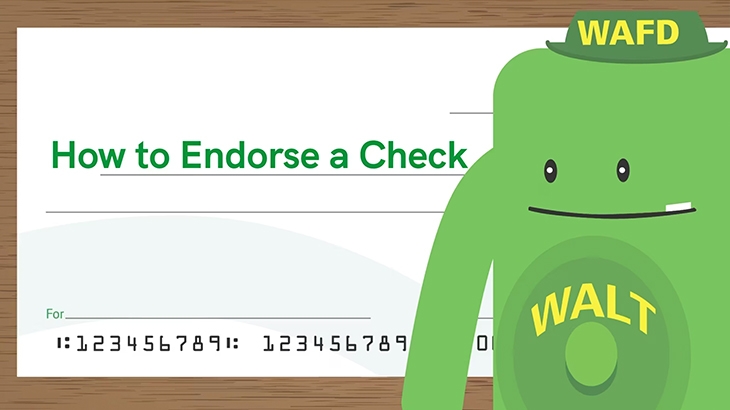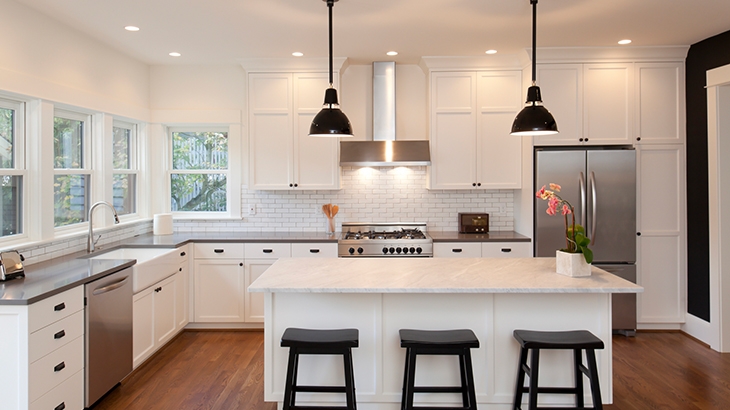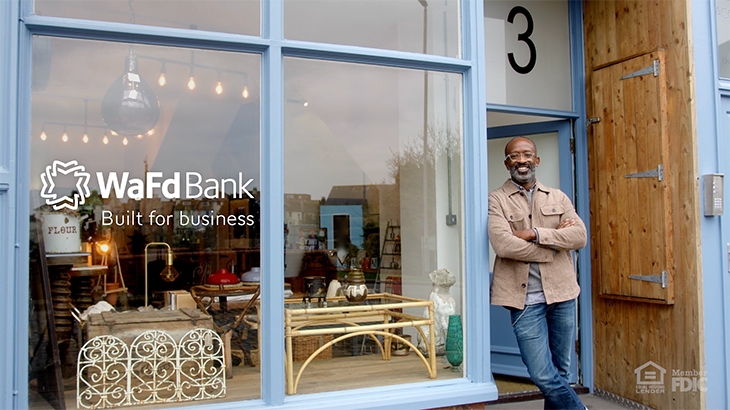






Need Money Tips? We've got your back.
See latest money tips
WaFd Money Tips
Our Latest Money Tips
![Man looking frustrated while looking at his mobile phone.]()
What You Need to Know About AI Scams
![Woman using a laptop at home.]()
How to Choose a Bank - Start with 5 Simple Questions
![Depositing cash at bank counter.]()
Money Safety in Banks
Awarded America's Best Big Bank by Newsweek
Working together isn't new for us.
From digital options, touchless transactions and increased non-profit contributions to help our neighbors, we're still here for YOU. Our bankers approved more than 6,500 PPP loans to keep small businesses going in the pandemic.
Best Big Bank in Idaho, Washington, New Mexico
https://www.newsweek.com/rankings/americas-best-banks-2023/best-big-bank-2023Money Tips for Banking 101
![Mother doing bills with her infant daughter.]()
7 Ways to Increase Your Financial Literacy in 2025
![Happy young couple having a coffee date in cafe, drinking coffee and chatting.]()
High Yield Money Market Account or High Yield Certificates of Deposit? Make Your Money Work Harder For You.
![A check with 'How to Endorse a Check' written on it.]()
How to Endorse a Check
Money Tips for Building Credit
![Senior couple sitting on the sofa and discussing finances.]()
What to Know Before You Cancel a Credit Card
![Woman writing list of debt on notebook and using calculator.]()
How to Avoid Delinquent Credit Card Payments
![Businessman working on laptop and making online credit card purchase.]()
7 Moves to Conquer Credit Card Debt
WaFd Community Support
![Downtown, Salt Lake City, Utah.]()
Moving to Salt Lake City, Utah
![Downtown Boise, Idaho.]()
Why Boise, Idaho is a Good Place to Live
![Grandson and Grandmother using laptop at home.]()
Financial Inclusion Impact at WaFd Bank

Consumer Tips
How to Identify Scams and Prevent Them
Learn seven signs of a scam, what to do if you spot a scam, and steps to take if you were scammed.
Money Tips for Family Finance
![Young graduate woman embracing her mother on graduation.]()
What You Need to Know About Paying for College
![Smiling mother and daughter putting coins into a piggy bank.]()
How to Teach Your Child Financial Literacy
![Teenage boy studying with laptop at home.]()
Should You Take Out Student Loans: Essential Considerations
Money Tips for Home Ownership
![Woman looking at phone in frustration.]()
How to Stop Mortgage Trigger Lead Calls
![Couple standing in their new backyard smiling.]()
New Home Checklist Before You Move In
![Large updated white kitchen with island.]()
DIY Bathroom and Kitchen Upgrades
Money Tips for Security and Privacy
![Concerned woman looking at a smartphone sitting on a couch.]()
How to Identify Scams and Prevent Them
![Young man using laptop at home.]()
Top 10 Ways to Protect Yourself Online
![Woman looking stressed while looking at a document.]()
Can Someone Steal Your Tax Return
Money Tips for Small Business
![Built for Business | Rapid Invoice Payment Solutions with FINSYNC.]()
What Is the Best Bank for a Small Business?
![A grid view video still showing nine different scenes of people working in various settings, including a clothing store, workshops, factories, and office meetings.]()
What Is Needed to Open a Business Bank Account?
![Business woman smiling, holding mug and taking notes from laptop.]()
Small Business Cybersecurity Tips and Best Practices























